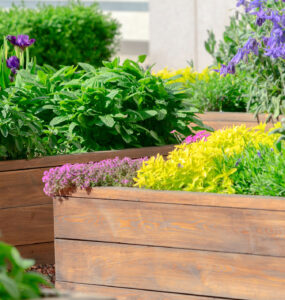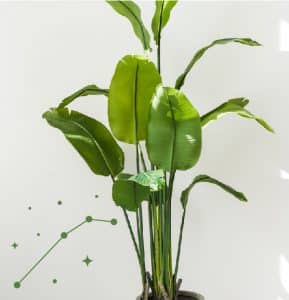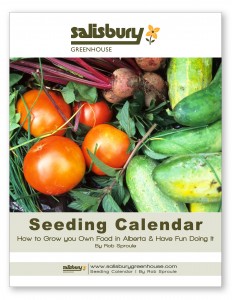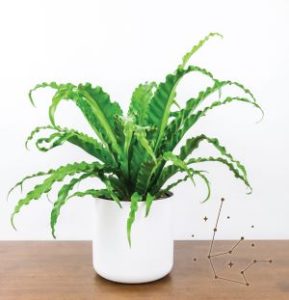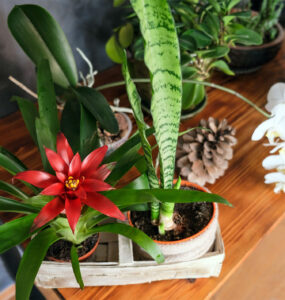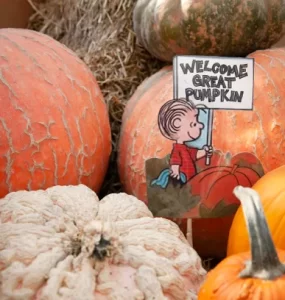GMO: Friend or Foe?
by Rob Sproule
I wrote this article because I wanted to educate myself. In a conversation about GMOs, months ago, with the Creative Director at the greenhouse, I made a flippant remark asking what the difference was between GMO and Aboriginal people’s breeding maize over centuries. She suggested that I needed to learn more about the subject. So I did.
“GMO” is one of the most emotionally charged acronyms in the world today. A scientific breakthrough for some, harbinger of doom for others and political, cultural and moral hot potato for all, it’s hard to separate emotion from fact.
My word is far from definitive, but I’m hoping that my layman’s attempt at understanding this astonishingly complex issue might help others wade through the noise and learn a little more about an issue that it’s pretty much impossible to learn everything about.
GMO vs. Hybrid
Humans first planted seeds a long time ago (about 10,000 years ago, give or take a few millennia). The hard-to-please species that we are, we’ve been selectively breeding plants for desirable traits for most of that time.
2016 Seeds GMO & non-GMO
Early selective breeding, which has led to ever hardier, healthier, and more bountiful crops, is one of the greatest achievements of early societies. Maize, for example, was a wild grass when Native Americans saw its potential. Through thousands of years of arduous, patient selective breeding, they developed the world-staple that is modern corn.
The process of hybridization, which is a more scientifically acute process, is only a few hundreds years old. It’s based on the same principles of selective breeding, but creates new varieties in one generation instead of 6 or 50. Selective breeding and hybridization change plants’ genes, but they do so naturally.
A lot of GMO defenders insist that it’s simply the next step in the hybridization process, which has been happening for millennia. This isn’t accurate. Plant selection and hybridization do nothing to change the essential nature of the plant. GMOing, on the other hand, by definition requires genes to be inserted, deleted, or mutated at the DNA level. Hybridization combines traits while genetic modification alters organisms’ essential building blocks.
The first genetically modified plant, an antibiotic resistant tobacco plant, was successfully altered in 1982. Since then the rise in GMO crops, first in the US and then the world, has been meteoric. In 2014, over 90% of US grown soybeans, cotton, and corn were GMO.
Is it Safe?
It’s almost impossible to find an unbiased answer to such a hot-button issue. Proponents insist that GMO is the answer to world hunger and just as safe as hybridized plant varieties. GMO are the most intensely studied group of foods in the world and the World Health Organization claims that they’re just as safe as other hybridized foods.
Opponents to GMO point to signs of an emerging dystopia wherein big corporations like Monsanto control world agriculture. While over 2,000 studies have been done on the subject, the idea of canola that is “safe” is drench with Round-Up still leaves many of us uncomfortable.
As uncomfortable as we may be, our government and the WHO say that GMO is safe. GMO crops are the most widely studied food in history, and not one study has found GMO to be unsafe.
So why the uncomfort? It may be because the idea of scientists tinkering with the fundamental building blocks of who we are, as living organisms, is unsettling.
The human body is bafflingly complicated, and historically its proven very difficult to asertain what the long effects on it can be. DDT, Nicotine, and Thalidimide were all deemed safe, until we learned their long term effects.
What is Killing our Bees?
GMO is, like all science, an experiment that will play out in its own time. It’s long term effects, whatever they be, may not be known for years or decades.
The debate will continue on for a long time. Many countries, including most in Europe, have banned some or all GMO crops and/or demand labelling for others. Unfortunately, with the science being so new, it may take decades to learn what, if any, the long term implications are on our health.
Coming Soon to your Garden?
Right now the science is very expensive and only major agricultural crops are worth the R and D required to genetically modify. As with all techniques, economy of scale will make it cheaper and more and more modified plants will role out of the lab.
The other day I was flipping through plant catalogues and came upon a tropical houseplant that glowed in the dark. In the greenhouse business, I’m sure that one year, maybe next year or maybe in 10, GMO varieties of tomatoes or petunias will appear in our catalogues.


